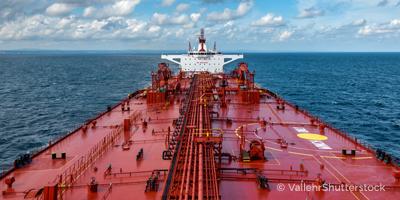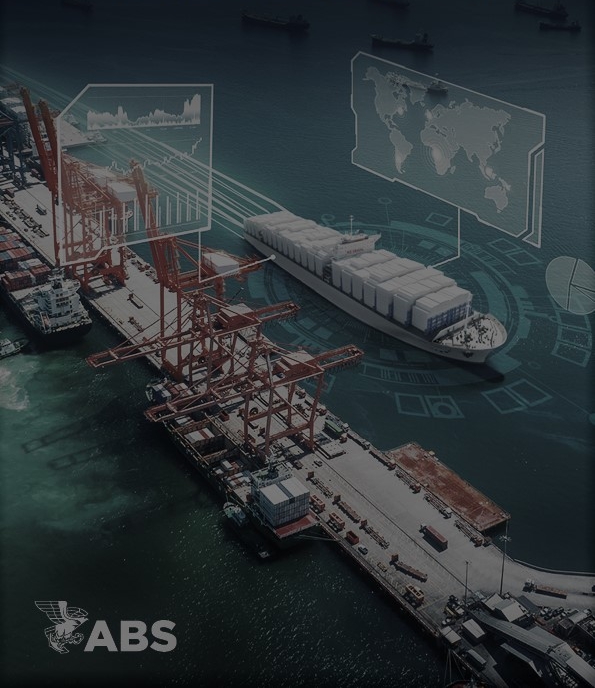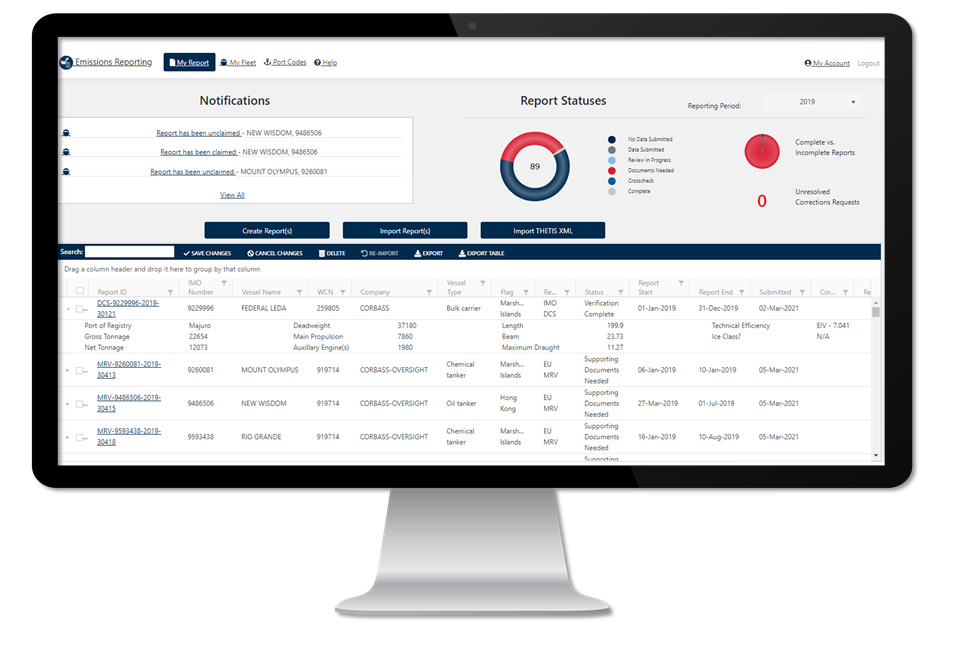The U.K. has issued MIN 669 on Reporting Emissions Data into the UK MRV regime, which provides guidance on reporting requirements, and MGN 662, which provides templates for the UK MRV regime.
Shipping operators should be collecting emissions data for their ships under the UK MRV regime from January 1, 2022, in accordance with an assessed UK MRV monitoring plan.
The UK MRV monitoring plan must be assessed by the verifier. Ships calling at U.K. ports, which do not currently have a monitoring plan, should have a plan in place without undue delay and no later than two months after each ship’s first fall in a U.K. port.
Ship operators with a monitoring plan compliant with the EU MRV framework can adapt and use the same plan, making adjustments as needed for both the EU and UK MRV frameworks. For example, a modification might be needed to indicate which voyages will be reported under the UK MRV regime through an addendum.
The type of data and parameters that need to be monitored on a per-voyage basis under the UK MRV regime include:
· Port of departure and port of arrival, including the date and hour of departure and arrival
· Amount and emission factor for each type of fuel consumed in total
· Emitted CO2
· Distance travelled
· Time spent at sea
· Cargo carried
· Transport work
Under current requirements, the only emissions data that need to be reported under the UK MRV regime are for the following voyages:
· Voyages between two U.K. ports
· Voyages between a U.K. and a non-EEA port
· Emissions generated at a U.K. port for the above voyages and when at berth at a U.K. port on voyages between U.K. and EEA ports.
Voyages between a U.K. port and a port in one of the U.K. Overseas Territories or Crown Dependencies, such as the Falkland Islands, Gibraltar, Isle of Man or Jersey, must be monitored and reported under the UK MRV regime. However, ports in these Overseas Territories and Crown Dependencies do not count as U.K. ports under the UK MRV regime. Consequently, voyages between two Crown Dependencies or Overseas Territories, such as between Jersey and Guernsey, should not be included. Similarly, a voyage from a port in an Overseas Territory or Crown Dependency to a port outside the U.K. is also not covered.
The monitoring and reporting data shall be accounted for under the first calendar year involved for voyages that start and end in different calendar years. Additionally, if a vessel changes ownership during a reporting period, it is the responsibility of the acquiring company to obtain all necessary information and emissions data from the selling company as soon as possible. This ensures that the acquiring company can submit a complete emissions report at the end of the reporting period.
Biofuels Treatment
Appropriate emission factors should be used for biofuels, alternative non-fossil fuels and other fuels that lack predefined values. Following the principles of the Directive (EU) 2018/2001, Annex V, Part C, Item 13, biofuels and bioliquids that are certified as sustainable shall be assigned to a zero CO2 emission factor.
Special attention should be given to biofuel blends. Unlike the EU MRV requirements, which mandate reporting each component of a biofuel blend separately, the UK MRV regime stipulates that the CO2 emission factor for the blend should be calculated as a mass-weighted average of the emission factors of the individual fuels. For example, in the case of a B30 heavy fuel oil (HFO) blend (30 percent fatty acid methyl ester (FAME) and 70 percent HFO), the CO2 emission factor should be equal to:




































